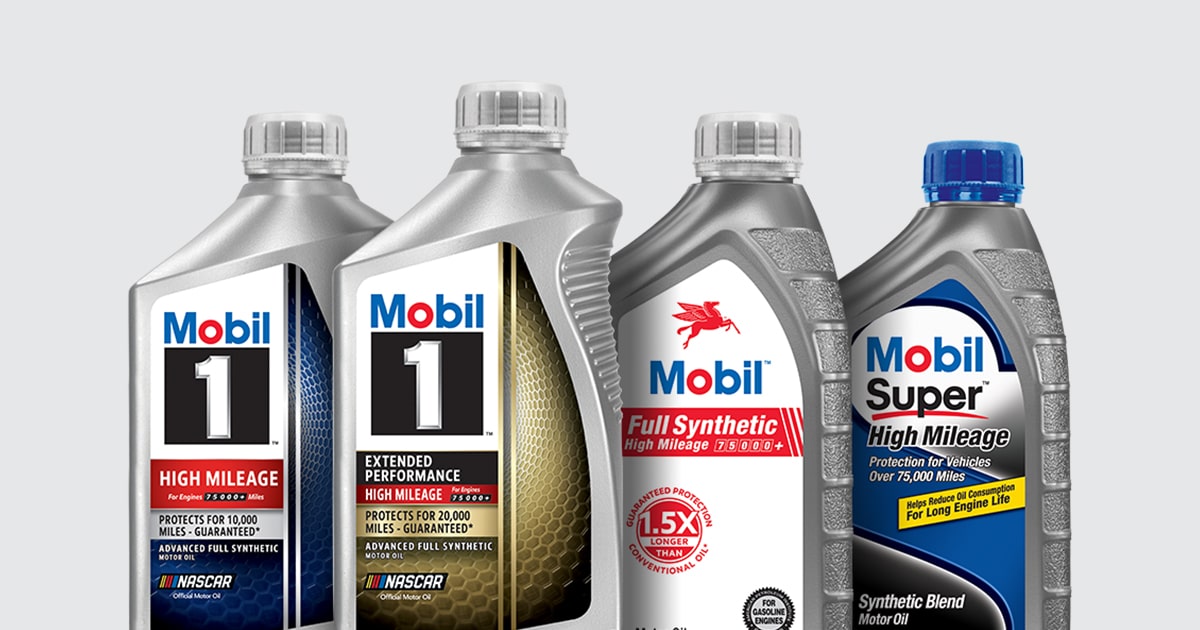Regular oil changes are crucial to ensuring engine longevity. By adhering to a consistent oil change schedule, you can prevent premature engine wear and maintain optimal performance.
Oil serves as the lifeblood of the engine, lubricating its moving parts and reducing friction, heat, and wear. Neglecting oil changes can result in the accumulation of sludge and debris, which can lead to costly engine damage. Moreover, fresh oil helps to keep the engine clean and free of harmful contaminants.
With routine oil changes, you can uphold the overall health and longevity of your engine, ultimately saving you time and money in the long run.
Importance Of Regular Oil Changes
Regular oil changes are crucial for maintaining engine longevity. By keeping the oil fresh and clean, it helps to reduce friction and prevent engine wear, ensuring optimal performance and extending the life of your vehicle’s engine.
Regular oil changes are critical for the longevity and optimal performance of your car’s engine. Extends the Lifespan of the Engine Regularly changing the oil helps to keep the engine running smoothly for a longer period, reducing the risk of premature wear and potential breakdowns. It helps to maintain proper lubrication, preventing friction and heat from damaging the engine components. Improves Performance and Fuel Efficiency When the engine is well-lubricated with clean oil, it operates more efficiently, leading to better performance and fuel efficiency. By removing dirt and debris, fresh oil allows the engine to run smoothly and reduces the strain on various components. The regular oil change is a simple maintenance task that can go a long way in preserving the overall health of your engine. Making this a routine habit can save you from costly repairs and ensure your vehicle runs at its best for years to come.
Credit: medium.com
Types Of Engine Oil
Choosing the right engine oil for your vehicle is crucial for maintaining its longevity and performance. There are several types of engine oils available in the market, each catering to specific needs and requirements. Understanding the distinctions between conventional oil, synthetic oil, and high-mileage oil is essential for making informed decisions about your vehicle’s maintenance.
Conventional Oil
Conventional oil, also known as mineral oil, is derived from crude oil. It is the traditional type of engine oil and is suitable for older vehicles with lower mileage. This oil offers adequate lubrication and protection for standard driving conditions.
Synthetic Oil
Synthetic oil is engineered to provide superior performance and protection for modern engines. It is formulated using advanced chemical processes to offer enhanced viscosity, stability, and resistance to thermal breakdown. Synthetic oil is ideal for high-performance vehicles, extreme temperatures, and demanding driving conditions.
High-mileage Oil
High-mileage oil is specifically designed for vehicles with over 75,000 miles on the odometer. This type of oil contains additives that help reduce oil consumption, prevent leaks, and rejuvenate aging engine seals. High-mileage oil provides extra protection for older engines, extending their lifespan and maintaining optimal performance.
Recommended Oil Change Intervals
Manufacturer Guidelines
Following the manufacturer’s guidelines for oil change intervals is crucial for maintaining the longevity of your engine. Manufacturers provide specific recommendations based on extensive research and testing, taking into account the unique characteristics of their engines. These guidelines ensure optimal performance and help prevent any potential damage that can result from neglecting regular oil changes.
Severe Driving Conditions
Your oil change interval may need to be more frequent if you regularly drive in severe conditions. Severe driving conditions include stop-and-go traffic, short trips, extreme temperatures, towing heavy loads, and driving in dusty or sandy environments. In these situations, your engine works harder and generates more heat, which can break down the oil faster. Regular oil changes help counteract the detrimental effects of these conditions and provide added protection for your engine.
By adhering to both the manufacturer’s guidelines and considering your driving conditions, you can ensure that your engine receives the right amount of fresh oil at recommended intervals. This preventive maintenance measure will not only prolong the life of your engine but also enhance its overall performance. Regular oil changes are a small investment that can yield substantial long-term benefits.
Credit: www.yumacarcare.com
Common Signs Of Needing An Oil Change
Low Oil Level
Inspect the dipstick regularly for low oil level, which indicates the need for a change.
Dirty Or Dark-colored Oil
Check for dirty or dark-colored oil, a sign of contaminants that can harm the engine.
Engine Noise Or Knocking
Listen for engine noise or knocking, as old oil can lead to metal-on-metal contact.
Decreased Fuel Efficiency
Notice decreased fuel efficiency, a common indicator that an oil change is required.
Proper Oil Change Procedure
Regular oil changes are vital to maintaining the longevity of your engine. Following a proper oil change procedure ensures your engine runs smoothly and efficiently.
- Position the oil drain pan underneath the vehicle.
- Locate the oil drain plug and use a wrench to loosen it.
- Allow the old oil to drain completely into the drain pan.
- Remove the old oil filter using an oil filter wrench.
- Apply a small amount of new oil to the rubber seal of the new oil filter.
- Install the new oil filter by hand and tighten it securely.
| 1. | Refer to your vehicle’s manual for the correct oil type and quantity. |
| 2. | Use a funnel to pour the new oil into the engine through the oil fill cap. |
| 3. | Once all the oil is added, replace the oil fill cap securely. |
- Remove the dipstick and wipe it clean with a rag.
- Re-insert the dipstick fully and then pull it out to check the oil level.
- Ensure the oil level falls within the recommended range on the dipstick.

Credit: www.mobil.com
Frequently Asked Questions For The Key To Engine Longevity: Regular Oil Changes
How Long Will An Engine Last With Regular Oil Changes?
Regular oil changes can help prolong an engine’s lifespan. With proper maintenance, engines can last for 200,000 to 300,000 miles. Expert advice and scheduled maintenance can also contribute to the longevity of your engine.
How Important Is Regular Engine Oil Change?
Regular engine oil changes are crucial for maintaining the health and longevity of your vehicle. Fresh oil lubricates the engine, reduces wear and tear, and improves performance. It’s a vital part of preventive maintenance that helps to avoid costly repairs.
How Long Will An Engine Run Without Changing The Oil Annually?
An engine should have its oil changed annually to ensure optimal performance. Running an engine without changing the oil can lead to increased friction, wear and tear, and eventually engine damage. It’s crucial to regularly change the oil to maintain the engine’s longevity and efficiency.
Can I Change Oil Every 2 Years?
No, it is not recommended to change oil every 2 years. Regular oil changes every 3,000-5,000 miles or as per manufacturer’s guidelines are necessary for optimal engine performance.
Conclusion
Regular oil changes are essential for maintaining the longevity of your engine. By ensuring that your engine has clean and lubricated parts, you can minimize wear and tear and prevent costly damage. With the right maintenance routine, you can extend the life of your engine and enjoy a smooth and efficient driving experience.
Don’t overlook the importance of regular oil changes – it’s a small investment that can bring big rewards in terms of engine longevity.
